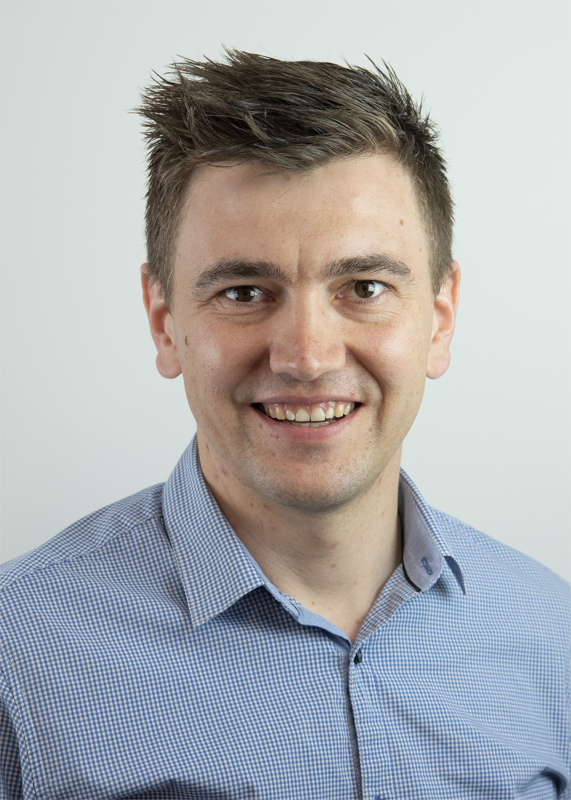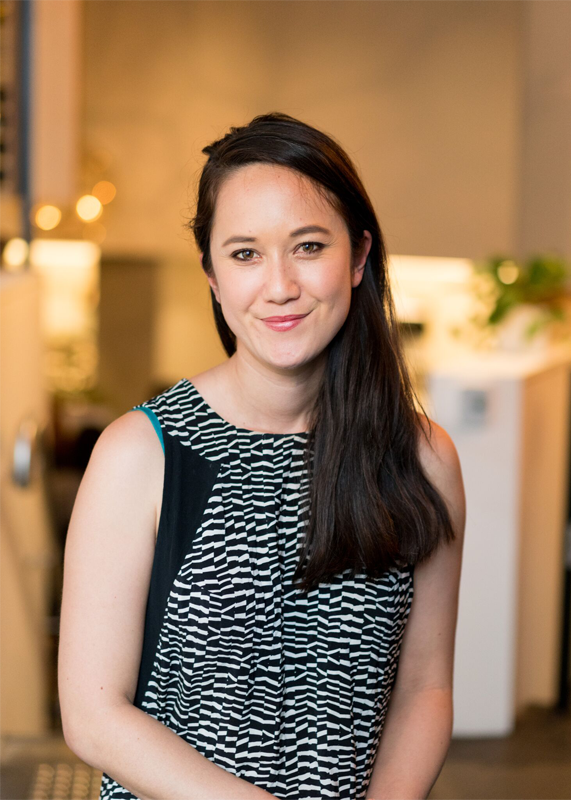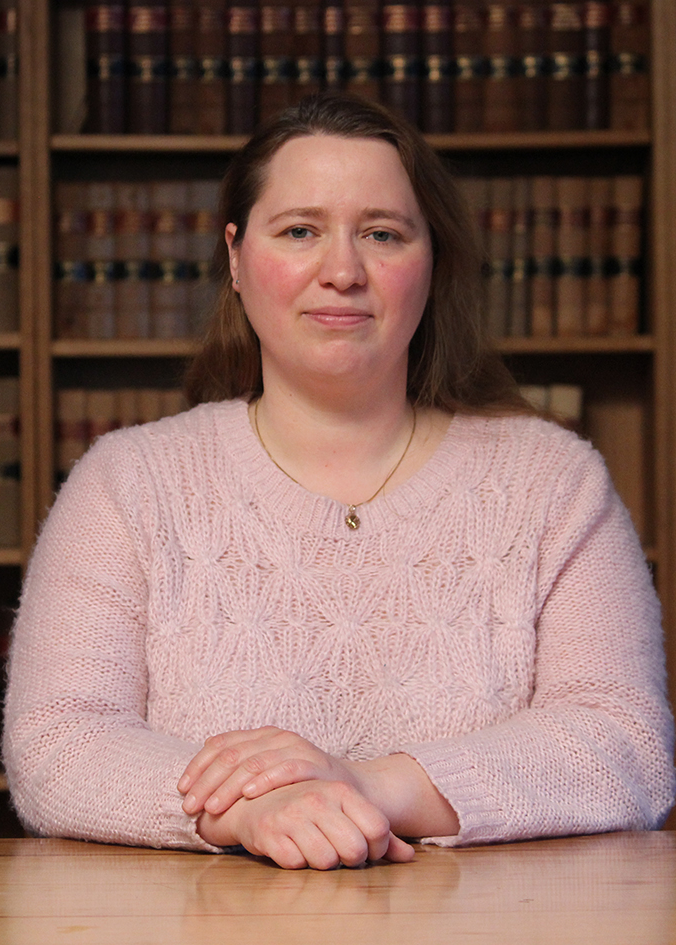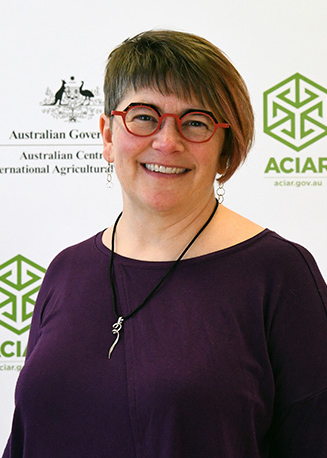Profiling Disaster Risk Handbook working group members: Michael, Julia, Stephen, Anna and Veronica
Michael Arman


 Michael Arman is Director Strategy at the Local Government Association of SA. Michael has spent the past three years overseeing the design and delivery of Council Ready, a program that has assisted all 68 of SA’s councils to better understand, engage with and manage disaster risk.
Michael Arman is Director Strategy at the Local Government Association of SA. Michael has spent the past three years overseeing the design and delivery of Council Ready, a program that has assisted all 68 of SA’s councils to better understand, engage with and manage disaster risk.
Through Council Ready, and previous work with Red Cross in SA and the Philippines, Michael has seen the power of strengths-based participatory approaches in driving culture change around disaster risk management.
Julia Goodall
 Julia Goodall is a Senior Project Officer in Strategy and Design with Australian Red Cross. Alongside extensive field experience working directly with communities before and during disasters across the country, Julia brings considerable strategy and design experience focussed on community leadership and participation.
Julia Goodall is a Senior Project Officer in Strategy and Design with Australian Red Cross. Alongside extensive field experience working directly with communities before and during disasters across the country, Julia brings considerable strategy and design experience focussed on community leadership and participation.
She has led development of Red Cross’s Monitoring & Evaluation Framework, the Leave it to Z project -bringing together the South Australian emergency management sector with young people to co-design young people’s participation in disaster resilience and project managed the Covid-19 humanitarian response.
She has also served on South Australia’s State Mitigation Advisory Group, State Recovery Committee, the Emergency Management Workforce Capability Framework working group and DRANZSEN committee.
Stephen Timms
 Stephen Timms grew up on a farm in the Clarence Valley on the north coast of NSW, and after 20 years away is now back farming and working in the most disaster prone LGA in NSW.
Stephen Timms grew up on a farm in the Clarence Valley on the north coast of NSW, and after 20 years away is now back farming and working in the most disaster prone LGA in NSW.
In between, he worked on various urban planning and infrastructure projects in NSW, urban regeneration projects in London and led the preparation of recovery plans following the Christchurch earthquakes from 2010 to 2016. This included the immediate response and recovery efforts and then co-ordinating a collaborative effort between the Canterbury Earthquake Recovery Authority, government agencies, local Councils and the community.
Since 2016 he has been providing advice to local and state government agencies in NSW, Qld and NZ to develop resilience strategies and to embed disaster risk reduction in land use planning.
Dr Anna Lukasiewicz
 With a diverse education that includes international development, sustainability and water governance, Dr Lukasiewicz researches topics around the distribution of natural resources (including how decision-making processes are structured and stakeholder-decision maker interactions); water governance (including water management, climate change adaptation and stakeholder engagement); and natural hazard management (especially policy around disaster resilience).
With a diverse education that includes international development, sustainability and water governance, Dr Lukasiewicz researches topics around the distribution of natural resources (including how decision-making processes are structured and stakeholder-decision maker interactions); water governance (including water management, climate change adaptation and stakeholder engagement); and natural hazard management (especially policy around disaster resilience).
She works mainly at the interface of justice and natural resource management. This includes: working on concepts of social justice (resource distribution, decision-making processes, the environment as a stakeholder, and stakeholder-decision-maker interactions); water governance (management, policy analysis, climate change adaptation, stakeholder engagement, and institutional analysis) and disaster justice (natural disaster management policy and management in disaster preparedness, mitigation, response and recovery).
Veronica Doerr
 Dr Veronica Doerr is the Research Program Manager for Climate Change at the Australian Centre for International Agricultural Research (ACIAR). She is a behavioural systems scientist, interested in how we can reconfigure the ways that societal organisations and institutions ‘behave’ so they engage more deeply with values, become more inclusive, and make better decisions under uncertainty.
Dr Veronica Doerr is the Research Program Manager for Climate Change at the Australian Centre for International Agricultural Research (ACIAR). She is a behavioural systems scientist, interested in how we can reconfigure the ways that societal organisations and institutions ‘behave’ so they engage more deeply with values, become more inclusive, and make better decisions under uncertainty.
From 2016-2020, she led CSIRO’s Climate Risks and Resilience Group and Sustainability Pathways Program, including CSIRO’s strategic partnership with the National Resilience Taskforce.
She now manages a portion of Australia’s foreign investment budget to support partner countries in the Indo-Pacific region improve the livelihoods of rural people in the face of the growing intersection between climate and disaster risks.


